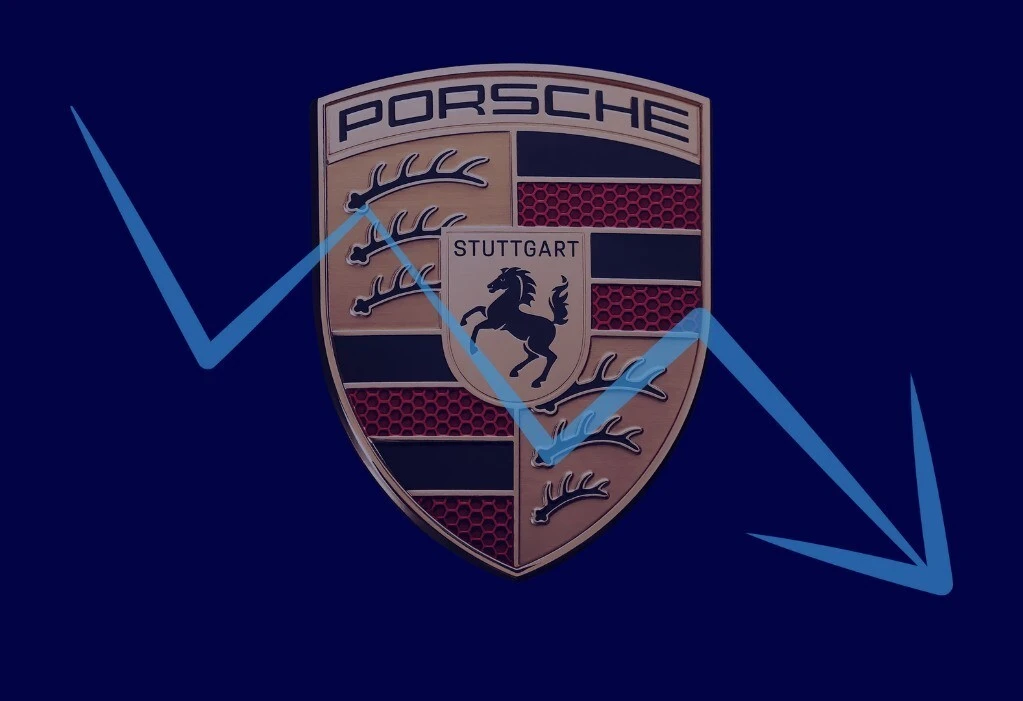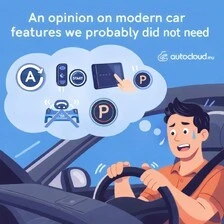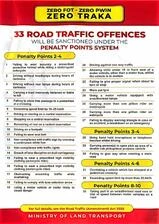Porsche’s Profit Slump and What It Means for the Luxury Car Market in Mauritius

Porsche, one of the world’s most profitable carmakers, has reported a steep 99% drop in operating profit for 2025. What was once a model of stability has become a signal that even the most prestigious automotive brands are feeling the strain. While the effects remain global for now, the situation raises questions about how shifting trends in the luxury segment could influence smaller markets such as Mauritius. Over the first nine months of 2025, Porsche’s revenue fell by about six percent to €26.8 billion, while profit plunged from €4 billion to just €40 million. The company attributes this to the heavy cost of its transition to electric vehicles, including new battery facilities, model realignments and production upgrades. Weaker demand in major markets and new import tariffs have added pressure, while competition in the luxury EV segment continues to intensify. Other premium manufacturers have reported similar slowdowns, pointing to a broader industry shift rather than a single-brand setback. The cost of electrification remains high. Porsche is phasing out older petrol models ahead of their electric replacements, creating a short-term delivery gap that has affected sales. Slower growth in China and higher U.S. tariffs have added to the challenge, while uncertainty about electric vehicle resale values has made buyers more cautious. Across the luxury market, manufacturers are trimming production, delaying launches and focusing on cost control. Dealers in larger markets are reporting longer lead times, while demand for recent combustion and hybrid models remains strong as some buyers seek familiarity over transition. There is no direct impact on Mauritius yet, but several outcomes are possible if global conditions persist: Higher pricing as manufacturers adjust margins. Longer wait times for certain high-demand models. Stronger resale values for existing petrol and hybrid Porsches. Shifting preferences as buyers consider more competitively priced luxury alternatives, including new electric entrants from Asia. These trends could reshape how luxury vehicles are viewed locally, balancing prestige against practicality as technology and costs evolve. Mauritius often reflects global automotive patterns, but usually with a delay. Dealers may need to adapt to slower supply and changing consumer expectations, while buyers weigh traditional badge value against emerging electric options. Through AutoCloud’s growing platform, shifts in demand, pricing and model interest can already be seen developing across premium segments. As the global market recalibrates, these local indicators will be key to understanding where Mauritius heads next. Porsche’s sharp drop in profits is more than a financial setback. It reflects how quickly the rules of luxury motoring are changing. For Mauritius, it signals a future where reputation alone may not guarantee success, and where price, performance and innovation will carry greater weight. As the market evolves, AutoCloud.mu offers a clear view of how these global trends shape local realities, from shifting buyer preferences to changing vehicle values. Whether drivers stay loyal to European icons or look to new contenders, AutoCloud.mu remains the place to track the pulse of Mauritius’s luxury car market.The Global Picture
Why the Numbers Fell
Global Ripple Effects
Impact on Mauritius
What It Means for the Mauritian Luxury Market
Conclusion
More Articles
![A tougher stance on drink and drug driving in Mauritius, but will it actually help?]()
A tougher stance on drink and drug driving in Mauritius, ...
Mauritius has started 2026 with a worrying spike in drink and drug driving cases, and Government is moving towards a firmer ...Read more![An opinion on modern car features we probably did not need]()
An opinion on modern car features we probably did not ...
This is an opinion piece. It is not an argument against modern cars, nor an attempt to discourage the purchase ...Read more![What you need to know about the new penalty points system in Mauritius]()
What you need to know about the new penalty points ...
Mauritius has officially introduced a penalty points system for road traffic offences, marking one of the most significant changes to ...Read more



